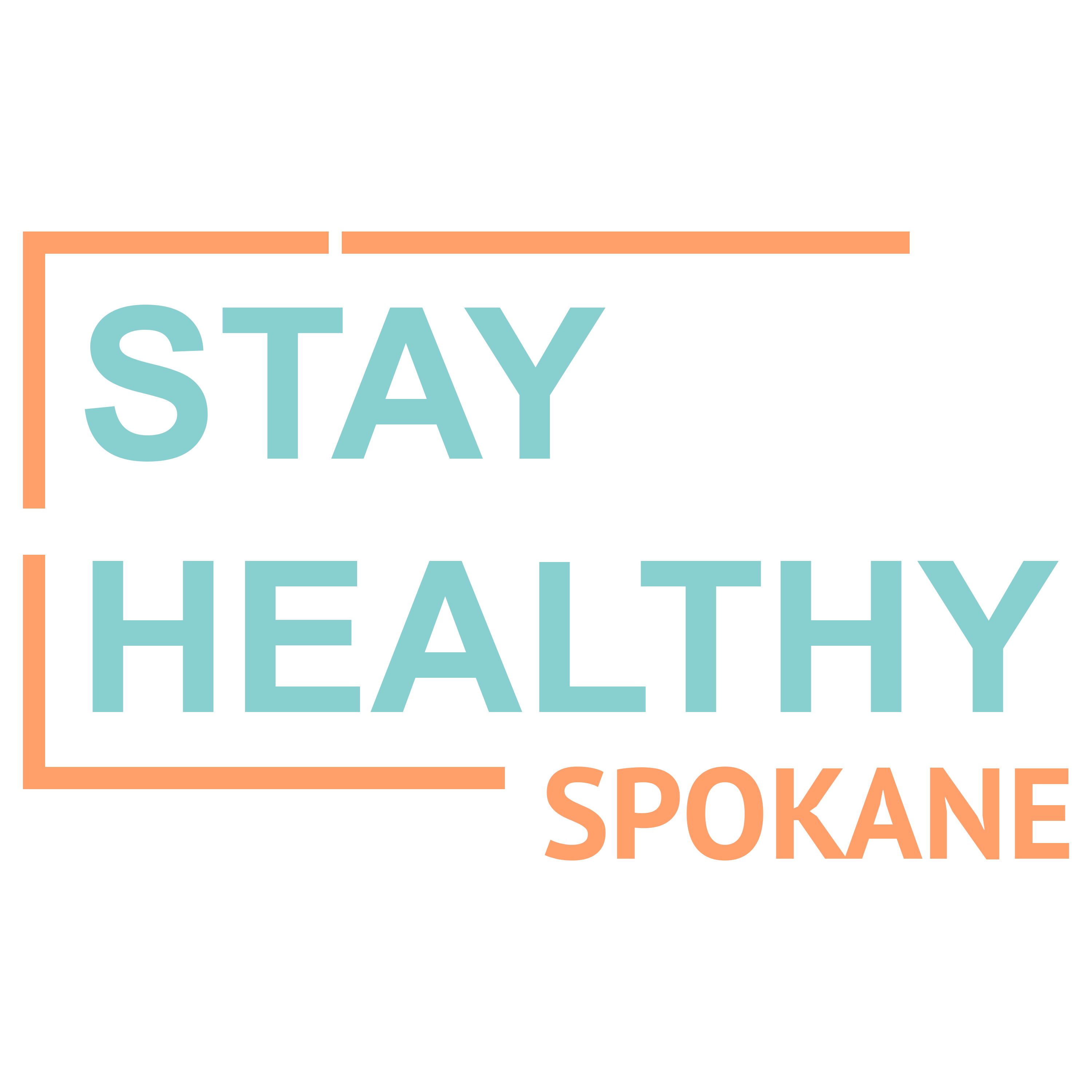Episodes

Friday Aug 23, 2019
“8 Natural Ways to Reduce Pain & Inflammation” (Part 1)
Friday Aug 23, 2019
Friday Aug 23, 2019
In his first solo full-length episode, Luke shares some key insights into how he helps his clients reduce their levels of pain and inflammation naturally. During this episode, he shares the first 4 strategies, and the next 4 will be covered in Part 2 (8 strategies total).
Show Notes
- One of the biggest frustrations in medicine these days is that people feel like they’re being “farmed out” to multiple specialists for their various conditions, and no one is in charge of finding the underlying, root cause of the problem. For example, you might see a GI specialist for your stomach issues, an Endocrinologist for your Diabetes, and a Rheumatologist for your joint pain. But what if the underlying issue with these conditions was simply too much systemic inflammation and an overactive immune system? Wouldn’t it make perfect sense to reduce your level of information, with the hope that it would have a positive impact on every aspect of your health? Is that too much to hope for?
- Luke starts off this episode by sharing his background with autoimmune disease, which started when he was diagnosed with severe Rheumatoid Arthritis (RA) at the age of 21. When Luke and his wife wanted to start a family, the side effects of his medications became more of a consideration, as they could affect the developing child.
- After that point, Luke started actively looking for ways to improve his health naturally, with the ultimate goal of reducing his dependence on heavy-duty medications.
- Over the last 6-7 years, he’s acquired an array of information related to natural medicine, and he shares 4 strategies in this episode (Luke will share 4 more strategies on Part 2 of this topic)
- Strategy #1: Eat fewer carbs and sugars. When it comes to the types of food you eat, there are only 3 basic categories: carbohydrates, protein and fat. These 3 are referred to as “macro-nutrients”. One of the best ways to reduce your level of inflammation is to decrease the amount of sugars and simple carbs you ingest, while favoring high quality proteins and fats instead. Note: this does NOT mean you’re cutting calories. Rather, you’re replacing low-quality carbs for higher-quality options.
- Strategy #2: Eliminate food sensitivities and triggers. Although few people have food allergies, most people will have a handful of foods that they’re sensitive to. Figuring out which foods you’re sensitive to can be tricky, as testing isn’t always that helpful or accurate. However, if you pay attention to what you eat, you’ll likely be able to pinpoint a couple foods that don’t agree with your system (i.e. they make you feel fatigued, increase your joint pain, or upset your stomach). Identifying and eliminating these foods/triggers is an important way you can reduce the inflammation in your body. Common food sensitivities include: gluten, other grains, dairy, eggs, nuts and alcohol.
- Strategy #3: Decrease your toxic load. Now more than ever, we’re exposed to a higher level of toxic chemicals on a daily basis, which has a negative effect on our immune systems. Reducing your exposure to these toxic chemicals is an integral part of reducing the stress on your immune system, which will help lower your inflammation. One of the best ways to reduce your toxic exposure is to avoid eating foods with high levels of pesticides, or replacing these “conventional” items with “organic” ones. The “Dirty Dozen” is a list of the top 12 foods with the highest levels of residual pesticides. This is a great place to start! Other good examples of chemicals to reduce/eliminate include: lawn/garden chemicals (such as Roundup) and various chemicals in other household items and beauty supplies (cleaning solutions, shampoo, other hair care products and makeup).
- Strategy #4: More probiotics! If you ever work with a physician who specializes in natural health, such as a Naturopath, many of them will tell you that your health starts with “healing your gut”. And while we don’t understand all the intricacies of the bacteria that live in our gut, most natural physicians will tell you that ingesting probiotics is essential to your gut health. This includes eating fermented foods, such as sauerkraut, yogurt (dairy-free if possible!), kimchi and other fermented veggies. There are also probiotic drinks, such as kombucha, as well as probiotic supplements.
- Part 2 of this topic will be available soon and will share 4 additional strategies to reduce your level of pain and inflammation. I hope that you find these tips valuable and that they help you live an active life! If you have questions or comments, please feel free to email me at Luke@GordonPhysicalTherapy.com. Thank you for listening! - Luke Gordon
Version: 20241125


No comments yet. Be the first to say something!